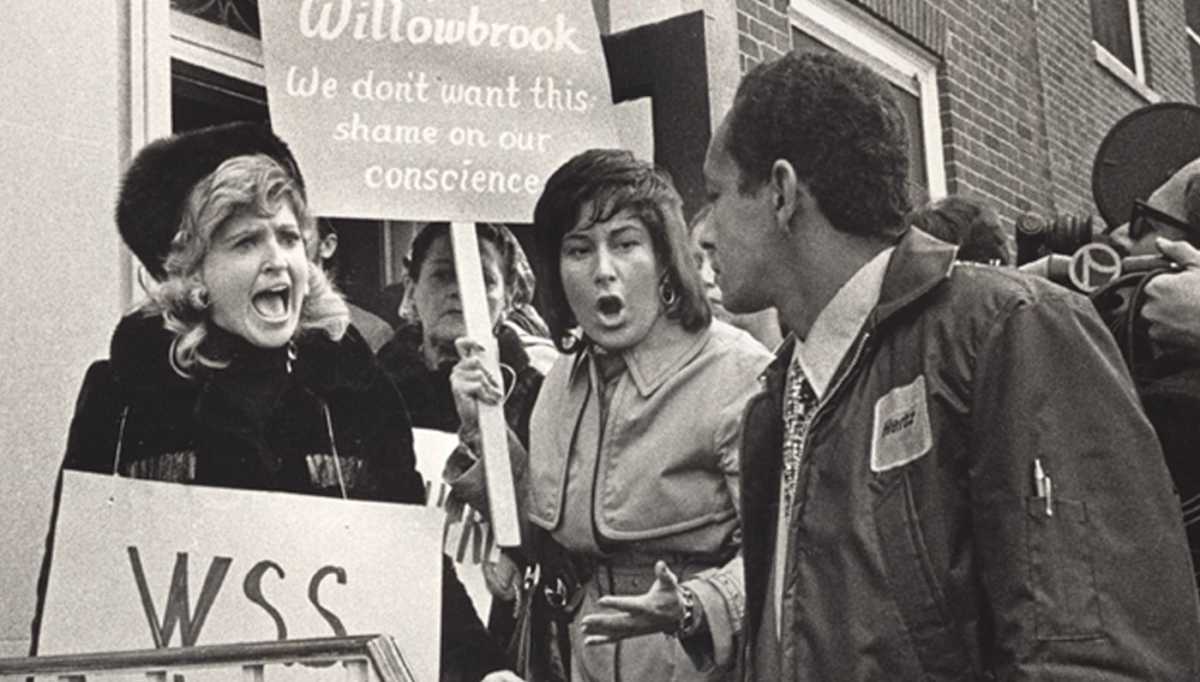Ask Beatty: How Hard Are You Willing to Work to Make Changes in Your Life & Relationships?

I recently received two “Ask Beatty” emails from Dan’s Papers readers.
One was from an 85-year-old Southampton and Florida real estate developer who was trying to decide whether he and his wife should continue to financially support their 40-year-old daughter who he claims is a drug addict. He acknowledged that they are not helping their daughter by continuing to enable her lifestyle and habit.
But on the other hand, they fear that if they cut her off financially, that she may potentially harm herself. He said that he and his wife needed help at this very difficult and fragile moment in order to figure out what to do. I immediately responded to him and told him that I would be glad to meet with him and his wife in the next few days. It’s been almost a month. I’ve never heard from him again.
The second email was from a 32-year-old newly married woman, whose husband apparently has no interest in sex. She expressed her disappointment and devastation and told me that whenever she would try to bring up the subject of sex, he would withdraw, get angry and would refuse to talk with her for days at a time. She told me that she wanted to immediately schedule a Zoom session with me, since she lived in Palm Beach. I emailed her with some suggestions about how to best approach her husband and sent her a Zoom invitation. She too disappeared and never responded. Poof! I was ghosted! Just like that!
And finally, I will tell you about a patient of mine, who I have treated for several years. She is a well-known self-help author and psychologist, specializing in helping people exit toxic relationships. Ironically, she refuses to take her own advice and then wonders why her chronic depression and suicidal thoughts never lift.
These three examples illustrate a very common, self-destructive pattern of behavior that many people exhibit. They know that they are engaging in unhealthy, dysfunctional relationships and behavior and may even know why. Yet despite their cognitive awareness and understanding of their issues, they continue on their self-destructive path, hoping and dreaming and praying that their lives will magically become more joyful and fulfilling. What’s missing is their willingness, motivation and self-discipline to step up to the plate and take the necessary steps and pivot in a different direction … out of their self-destructive comfort zone.
Over the past 35 years, I have treated thousands of men and women and children and adolescents from every walk of life, with every imaginable presenting problem including: suicidal depression, anxiety, early child sexual abuse, sexual assault, substance abuse of every kind, oppositional and antisocial behavior and relationship and sexual problems. From our very first session, I attempt to build a “team mindset” with my patients.
This is an important first step. When the team is strong, patients will come to their coach for advice. Together they will begin to figure out what’s standing in the way of success and more importantly, determine a new strategy and game plan that will lead to a more positive outcome. That’s what professional athletes and successful business leaders do all the time. The formula: problem/solution.
My own sports mindset of “never giving up,” that I bring to my work as a psychotherapist and sex therapist, was nurtured in me as a child by my father, who was also my tennis coach. We practiced hard over the years and would on occasion have disagreements about my strokes, strategy and attitude. There were numerous times that I thought about quitting the daily pressures and grind of working on my game. However, I loved the game and the competition. Giving up was never an option. I won numerous provincial titles over the years and by my 18th birthday, I was ranked number 10 in Canada as a junior.
I’m relating this story, not to boast about my tennis accomplishments, but to share with you how experienced therapists and coaches can help us develop and work on new strategies, mindsets and game plans that work for us in all facets of our lives. Ideally, our first coaches were our nurturing and loving parents, who were able to motivate and inspire us to live our lives in ways that were in our best interest. Many people, of course, were not fortunate to have this kind of support.
I’ve observed over the years that most of my own patients’ problems that brought them into therapy in the first place were a result of unresolved issues and conflicts beginning in their own families of origin. And even though we can’t change our histories, there is a way to help people emotionally work through what did and didn’t happen in their earlier years. This process enables people to not only have a clearer understanding of their problems but helps them develop new strategies and game plans that enable them to lead happier lives.
Resistance to getting help only exacerbates our problems. Today is a new day with new opportunities and possibilities. Are you willing to take a deep breath and commit to a new and better life strategy? The choice is ultimately yours! Make it a good one!



